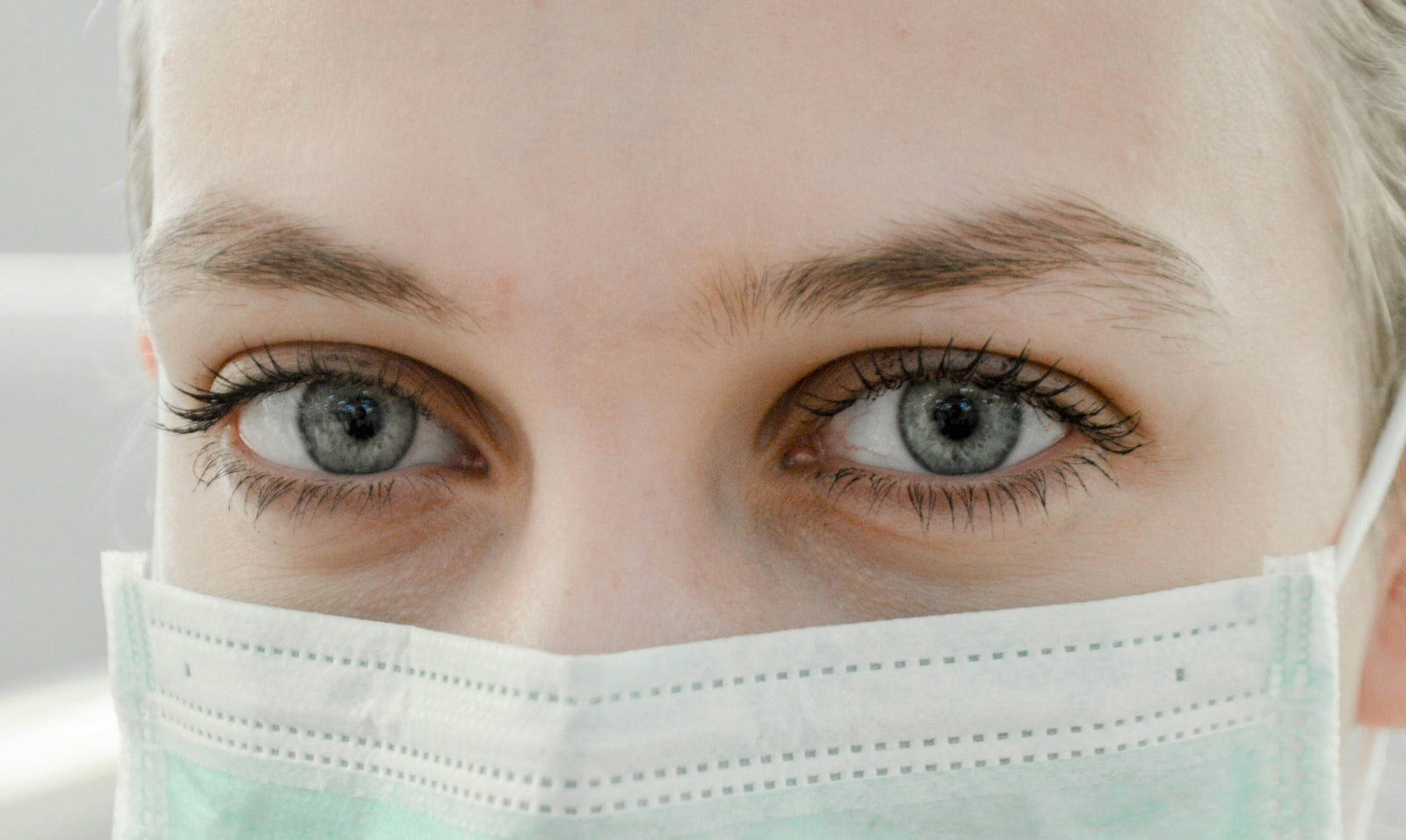
A Complete Guide on How to Use a Face Mask Effectively
Face masks have become an essential part of our daily lives, helping us to protect ourselves and those around us from airborne diseases. But, are we using them correctly? This comprehensive guide will help you understand how to use a face mask effectively, from choosing the right type to proper disposal methods. Let's get started!
Choosing the Right Face Mask
Not all face masks are created equal. Different types of masks offer varying levels of protection and are suitable for different situations. Understanding the differences can help you make an informed decision about which mask to use.
Here are the main types of face masks:
- Disposable surgical masks: These are lightweight masks designed to cover your nose and mouth. They provide a physical barrier against larger respiratory droplets, splashes, or sprays, but do not effectively filter smaller particles.
- N95 respirators: These are more fitted and provide a higher level of protection than surgical masks. They can filter out both large and small particles when the wearer inhales.
- Cloth masks: These are masks made from common, washable fabric. They are reusable and can be made at home. They offer less protection than surgical masks or N95 respirators, but are still beneficial in reducing the spread of viruses.
When choosing a mask, consider factors such as comfort, fit, and your specific needs. If you're just running errands, a cloth mask might be sufficient. However, if you're a healthcare worker, you'll need a higher level of protection, like an N95 respirator.
How to Wear a Face Mask Properly
Wearing a face mask correctly is just as important as choosing the right one. If not worn properly, a mask might not offer the protection it's designed to provide.
Follow these steps to ensure you're wearing your mask correctly:
- Wash your hands with soap and water for at least 20 seconds before touching the mask. If soap and water are not available, use a hand sanitizer with at least 60% alcohol.
- Check the mask for any defects such as a tear or missing tie or ear loop. Discard the mask if it's damaged.
- Hold the mask by the ear loops. Place a loop around each ear.
- Mold or pinch the stiff edge to the shape of your nose.
- Pull the bottom of the mask over your mouth and chin. Make sure the mask covers your nose, mouth, and chin without leaving gaps on the sides.
- Avoid touching the mask while using it. If you do, clean your hands with soap and water or hand sanitizer.
Remember, a mask should be used in conjunction with other preventive measures, such as social distancing and hand hygiene. No mask is 100% effective at preventing disease transmission.
How to Remove a Face Mask
Removing a face mask properly is crucial to prevent the spread of pathogens. Here's how to do it safely:
- Wash your hands with soap and water for at least 20 seconds. If soap and water are not available, use a hand sanitizer with at least 60% alcohol.
- Don't touch the front of the mask or your face. Remove the mask by unlooping the ear loops or untie the strings behind your head.
- Hold only the ear loops or ties. Fold outside corners together and dispose of the mask in a closed bin.
- Immediately wash your hands again with soap and water for at least 20 seconds or use hand sanitizer.
Remember, don't reuse disposable masks. They should be discarded after each use. Cloth masks should be washed after each use.
Benefits of Natural and Sustainable Skin Care Ingredients
While face masks are essential for health and safety, they can sometimes cause skin irritation or acne. This is where natural and sustainable skin care ingredients come in.
Natural ingredients are often gentler on the skin, reducing irritation and inflammation. They're packed with antioxidants, vitamins, and other nutrients that nourish the skin, promoting a healthy complexion.
Here are some natural ingredients that are beneficial for skin health:
- Aloe Vera: Known for its soothing properties, aloe vera can help reduce skin irritation and inflammation.
- Green Tea: Rich in antioxidants, green tea can protect the skin from environmental damage.
- Honey: A natural antibacterial and anti-inflammatory agent, honey can help prevent acne and soothe irritated skin.
Using skin care products with these natural ingredients can help mitigate some of the skin issues caused by wearing a mask. Plus, choosing products with sustainable ingredients is a great way to support the environment!
Conclusion
Wearing a face mask is a simple and effective way to prevent the spread of diseases. However, it's important to choose the right mask, wear it correctly, and take care of your skin while doing so. With the information in this guide, you're now equipped to use a face mask effectively and keep your skin healthy. Remember, we're all in this together. Stay safe!
















